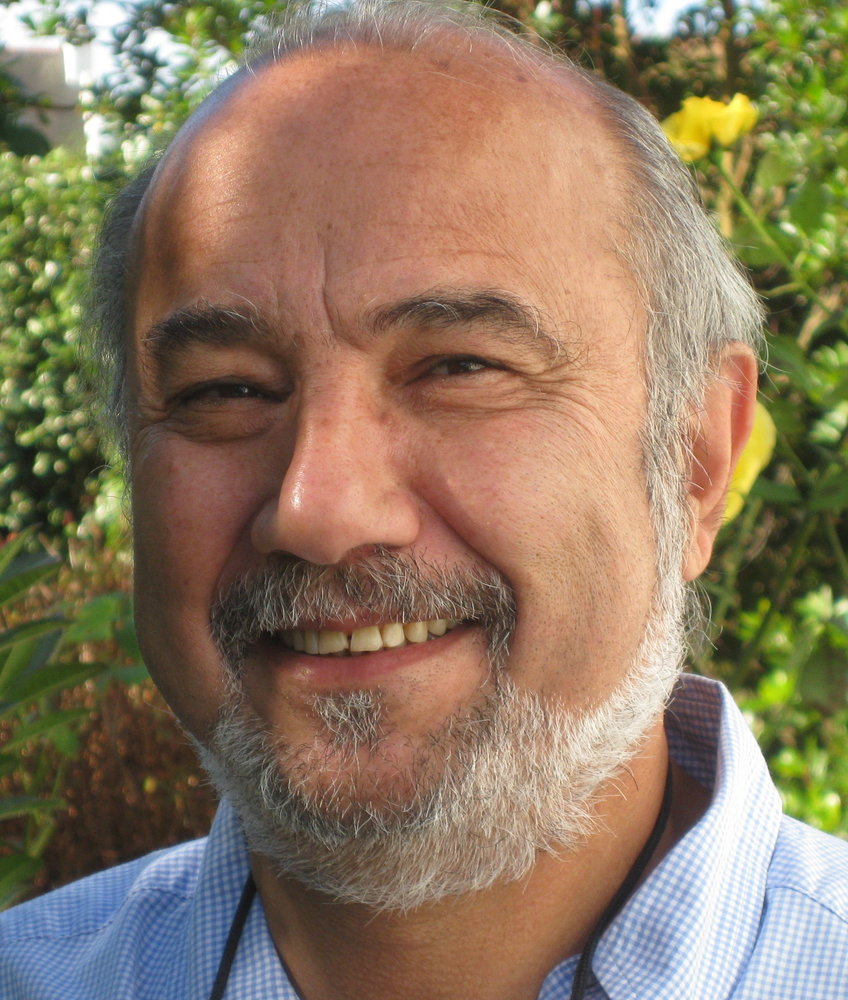Qatar cannot bow to Saudi Arabia: Askari

TEHRAN – Professor Hossein Askari, an expert on Saudi Arabia who also teaches international business at the George Washington University, believes that “There is a history of animosity between Qatar and Saudi Arabia and it will not disappear at Camp David.” Hossein Askari, who teaches at George Washington University, tells the Tehran Times that “Qatar cannot bow to Saudi Arabia.”
Following is the text of the interview:
Q: Camp David meeting is scheduled this autumn in the United States to resolve the crisis in Qatar. Can this American initiative lead to solving this crisis?
A: Absolutely not! Let me explain. Qatar cannot bow to Saudi Arabia. It has no choice but to stand firm. If it flinches, it will lose its sovereignty and become a vassal of province. In fact, Saudi Arabia might have at one point given serious thought to invading Qatar as access to Qatari gas would solve Saudi Arabia’s financial woes. Qatar is in a strong position. Qatar has managed to deal with the Saudi-led embargo. Qatar has Turkish backing with a Turkish base in Doha. Qatar has Iranian support. It can hold out and it must to stay an independent country. Moreover, President Trump will, soon or later, be out of office and the tables will turn. U.S. blind support for Saudi Arabia will evaporate. As for Saudi Arabia and Mohammad bin Salman, they know that they overplayed their hand. But they cannot back down and lose face among the [P]GCC and the rest of the Arab and Muslim worlds. The United States has also made a terrible mistake in giving Saudi Arabia its blind support. I cannot see a face saving solution for Saudi Arabia while backing down and lifting the embargo.
Q: Some believe the reason that United States is at the head of the initiative to solve the crisis in Qatar is Showing Washington's dissatisfaction with Riyadh to solve regional problems. What do you think?
A: No, I don’t believe so. I think Jared Kushner made childish promises to Mohammad bin Salman in the belief that he and his family will be rewarded handsomely after he steps down as Senior Advisor to The President. While contracts may still come his way, I believe that the U.S. military is getting fed up with having to support Saudi war crimes in Yemen. Saudi crimes will haunt the United States for years to come—the killing of innocent civilians including so many children and the enemies that this generates. Whether the U.S. likes it or not, it will be seen as in part responsible. So the Camp David meeting is in part to make this point clear to the Saudis in the sidelines and to tell them it is time to mend fences where it can. A good place to start is Qatar. But again, I think that the meeting will achieve little of substance.
Q: According to Saudi Arabia and its allies, Qatar may be ready to concede some points. If so, what areas may there be a compromise?
A: As I said earlier. Qatar cannot flinch. The only concessions I can see are downgrading relations with Iran and reducing coverage of Saudi Arabia on the Al-Jazeera network.
Q: Given U.S. relations with Saudi Arabia and Qatar, how can Washington resolve the crisis and keep the two sides happy?
A: It cannot! Even if they announce great results, don’t believe it. There is a history of animosity between Qatar and Saudi Arabia and it will not disappear at Camp David.
